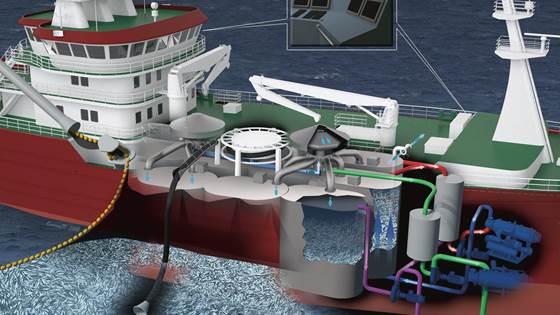
Caring for herring
For three years, the company MMC Tendos has collaborated with SINTEF on an improved pumping system for landing of herring and mackerel from purse seine. The result is a purse seiner that sucks herring and mackerel on board gently.

For three years, the company MMC Tendos has collaborated with SINTEF on an improved pumping system for landing of herring and mackerel from purse seine. The result is a purse seiner that sucks herring and mackerel on board gently.
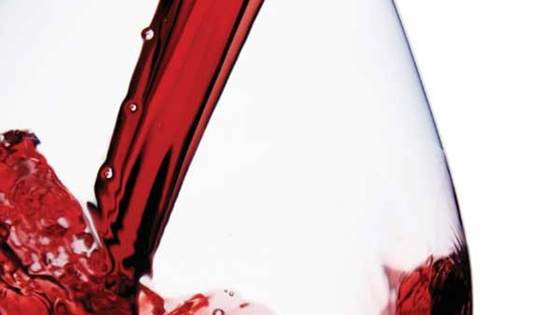
Computational tools help identify the effects of fluids slamming against a structure
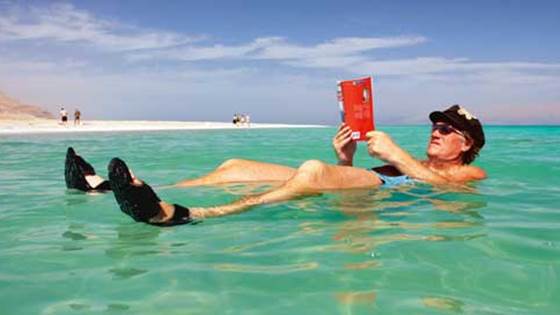
European researchers and companies aim to microencapsulate minerals from the Dead Sea.
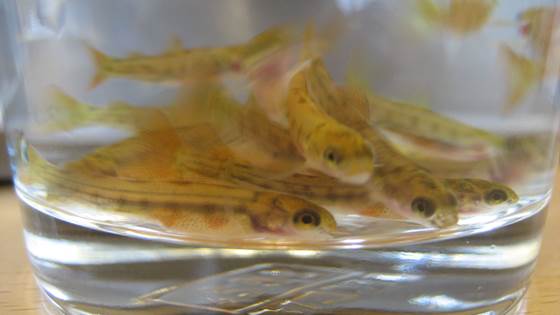
Closed aquaculture farms has been one of fall's hottest topics and commissioned by FHF, SINTEF together with NOFIMA and the National Veterinary Institute, made a preliminary study on the status of closed aquaculture farms in Norway today. The...
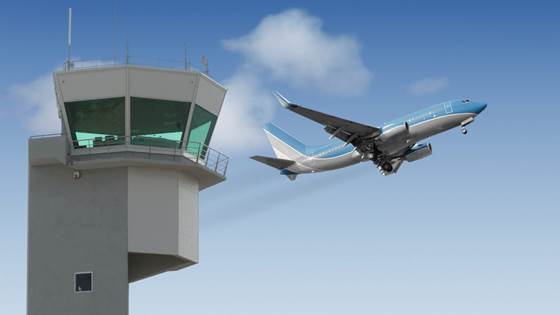
Could European air traffic controllers manage more flights with the help of modern productivity gains? Experts from Austria and Norway intend to answer that question.
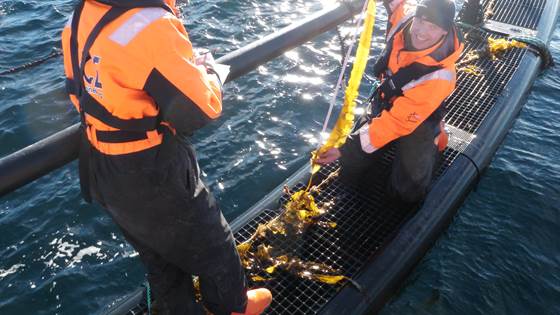
The Norwegian Research Council recently gave funding to the 3-year project EXPLOIT, in which SINTEF together with NTNU, HI and Bellona will examine the possible utilization of nutrients from fish farming. In IMTA, the waste from fish farming is...
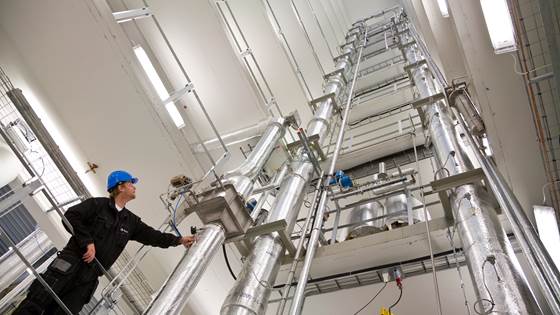
Scandinavian, Finnish and Icelandic experts on the capture, transport and storage of CO2 are meeting for the first time in a Nordic Centre of Expertise.
Many physicists were extremely optimistic when high-temperature superconductors were discovered. But not everyone shared their belief.
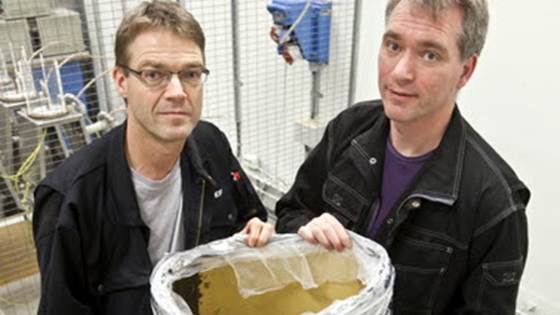
A Nobel Prize was awarded when "high-temperature superconductors" were discovered in 1986. Now the world has at last found an application for lossless conductors, thanks to two Norwegians who received a European "Innovation Oscar" on Wednesday for...
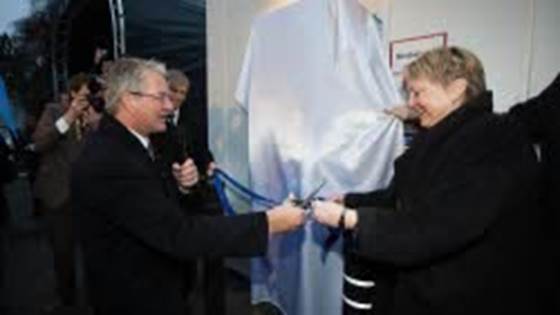
The Oslo area saw the opening of its third hydrogen refuelling station on November 21, 2011. This station, located at SINTEF's Oslo office, offers a fuel produced of water.
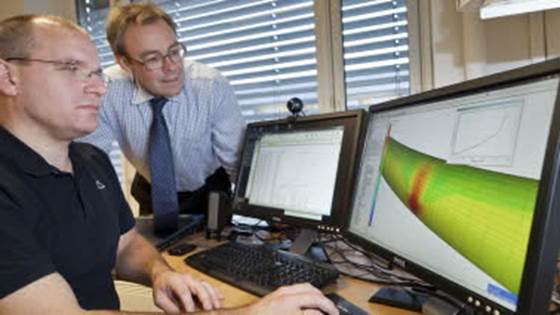
Several years of Norwegian research on fracture mechanics have resulted in new numerical modelling tools. The new software means that we can calculate the risk of fracture in pipelines much more accurately than current methods permit, according to...
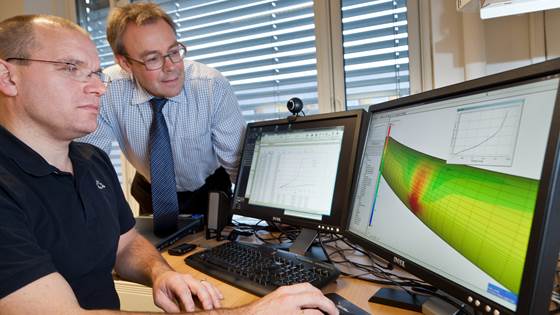
Several years of Norwegian research on fracture mechanics have resulted in new numerical modelling tools. The new software means that we can calculate the risk of fracture in pipelines much more accurately than current methods permit, according to...
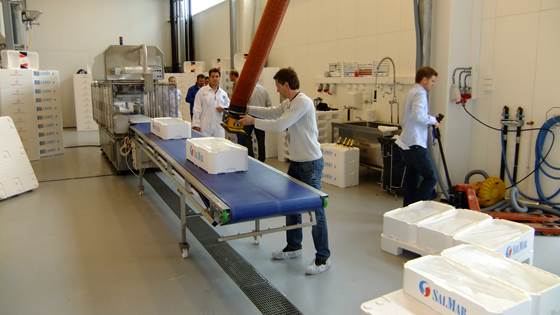
Leading researchers and IT vendors have agreed on the use of a standard for electronic tracing of food. This happened at an international conference organized by SINTEF Fisheries and Aquaculture, November 2011.
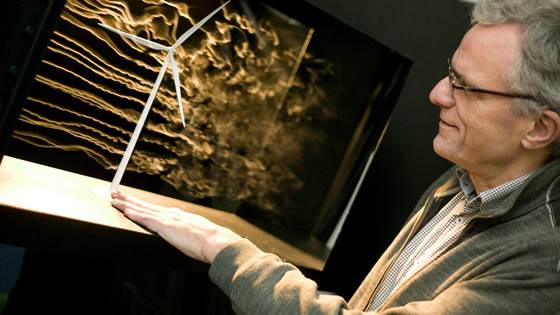
The EU wants electricity distribution systems that can utilise more solar and wind energy – and sixteen European partners from ten countries are now playing a key role in preparing for them.
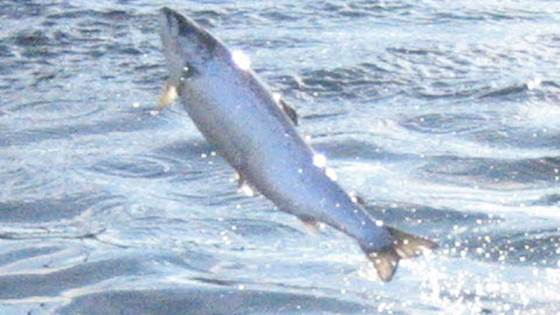
A research study published this week in the Journal of Animal Science by researchers from the Centre for Research-Based Innovation in Aquaculture Technology at SINTEF Fisheries and Aquaculture, the University of Melbourne, Australia, and the Fish...
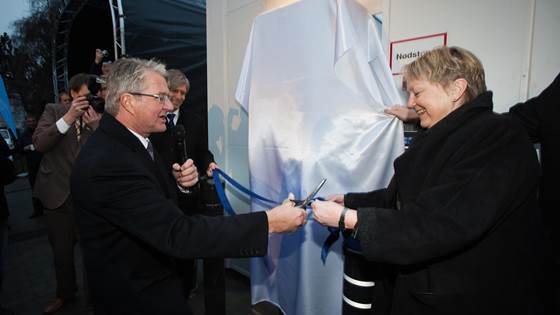
The Oslo area saw the opening of its third hydrogen refuelling station on November 21, 2011. This station, located at SINTEF's Oslo office, offers a fuel produced of water.
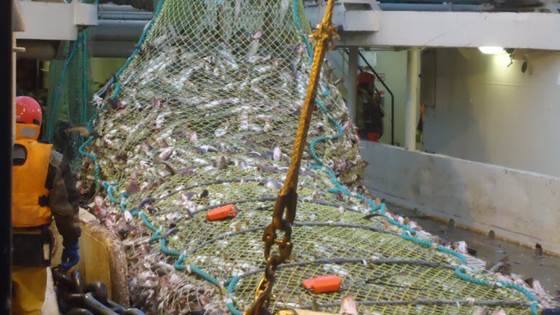
A new scientific cruise with floating trawl gave as good results as last year. The cruise was carried out 20 - 31 October 2011 with the factory trawler "RAMOEN" on the fishing grounds in the Barents Sea.
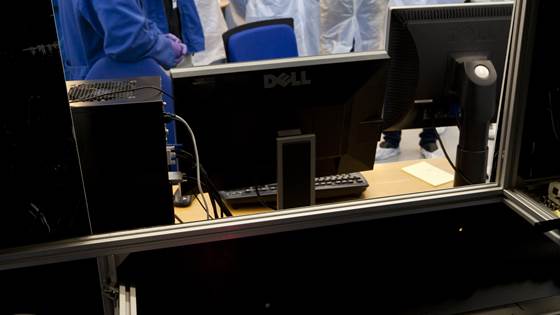
Participants from industry and equipment suppliers in the pelagic sector, met recently to get a demonstration of an automatic sorting line that will provide efficiency, quality and improved profitability. The prototype is developed by SINTEF...
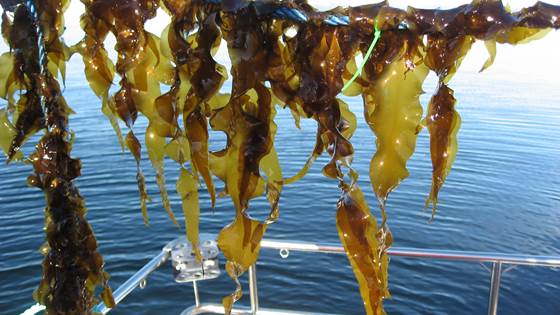
Norway has Europe's largest population of kelp. An estimate is 50 million tonnes. Kelp has very good growing conditions along our cold coast. Energy demand in the world is expected to increase by 100 percent. If the kelp can be a source of...
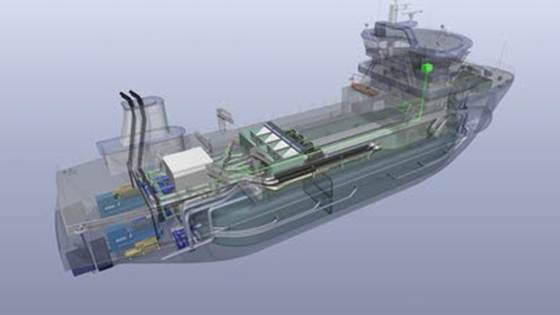
For the past three years, scientists, engineers and operators in the farming industry have been developing the well-boat technology of the future. Here are some of the results.
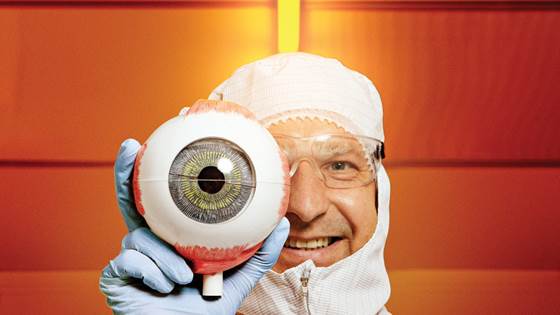
The world’s smallest autofocus lens for mobile devices is ready, and Apple and Nokia are among the companies interested in introducing it.
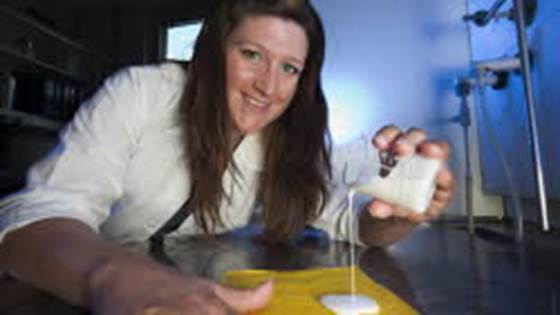
The first steps have been taken towards rainwear which repairs itself

According to a theory advanced by a SINTEF materials scientist, a mixture of water from sprinkler systems and molten aluminium from melted aircraft hulls created explosions that led to the collapse of the Twin Towers in Manhattan.

According to a theory advanced by a SINTEF materials scientist, a mixture of water from sprinkler systems and molten aluminium from melted aircraft hulls created explosions that led to the collapse of the Twin Towers in Manhattan.

The first steps have been taken towards rainwear which repairs itself
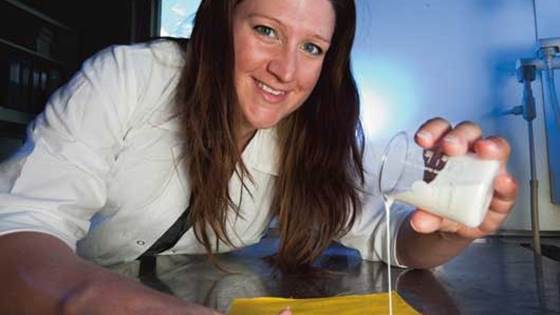
The first steps have been taken towards rainwear which repairs itself.
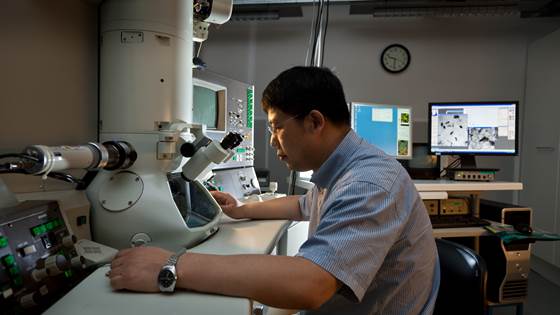
Using mathematical models, Norwegian research scientists and Scandinavian industry are working on tailoring alloys which will increase the usefulness of recycled aluminium.

Four out of ten child custody cases which are heading to court end in agreement following mediation
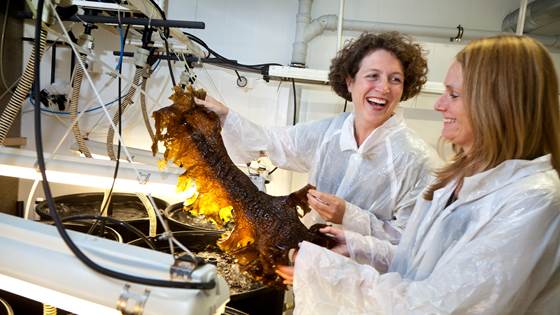
An underwater “field” as big as a Norwegian county could provide two billion litres of kelp-based fuel a year. SINTEF is currently establishing a centre of expertise that will enable us to cultivate seaweed and kelp on a large scale
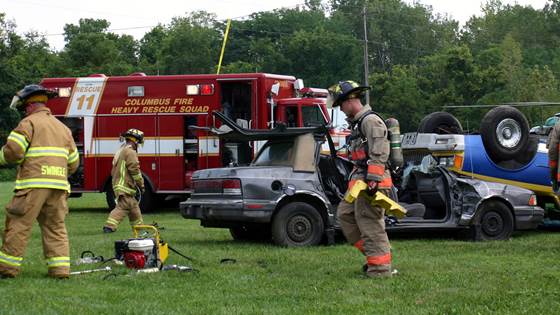
The subject of the EU’s BRIDGE project is transnational and interagency cooperation in the event of terror attacks, natural disasters and industrial accidents. The project is being led by SINTEF and was launched in April 2011.
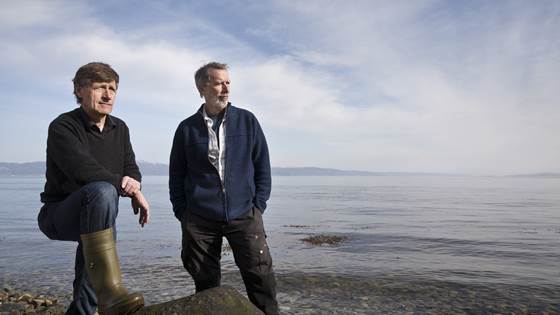
They can predict the direction an oil spill will take, or if salmon lice will infect a neighbouring fish farm.
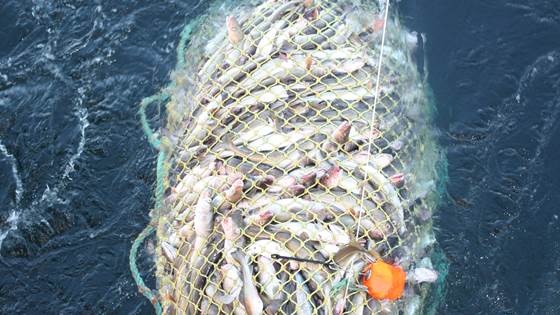
SINTEF has taken a big step towards technological solutions that will prevent large individual catches by floating trawl fishery. Catches that are so large that they are difficult to handle on board, is a common problem when fishing with floating...
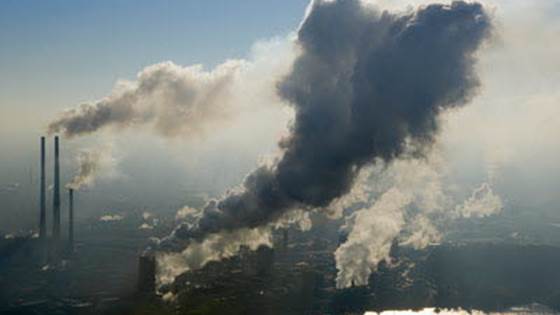
A project funded by the European Union and led by SINTEF in Norway with ten other European partners aims to demonstrate a cost-effective CO2 capture technology that could herald a new generation of power-generation plants with integrated CO2 capture.
It should soon become easier to identify measures that will also be effective in the long term when outbreaks of disease in salmon farms need to be prevented or combatted.
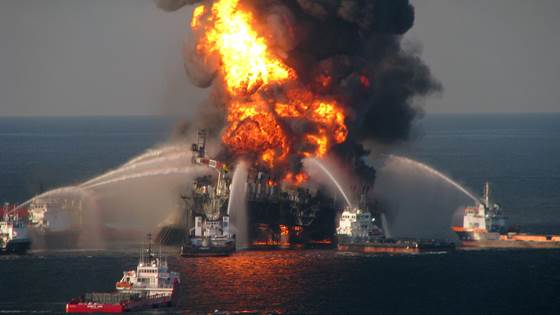
Regulations and procedures in themselves are not enough to ensure safety during oil-drilling operations, conclude SINTEF researchers who have studied the accident investigation reports from the Deepwater Horizon disaster in the Gulf of Mexico.
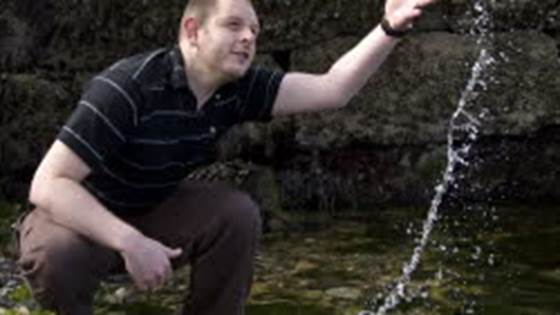
What kind of HSE know-how do we really need to manage the new substances now found in everything from our clothes to cosmetics and electronics? Are nanoparticles harmful to the environment – or are these invisible particles safer than we think?
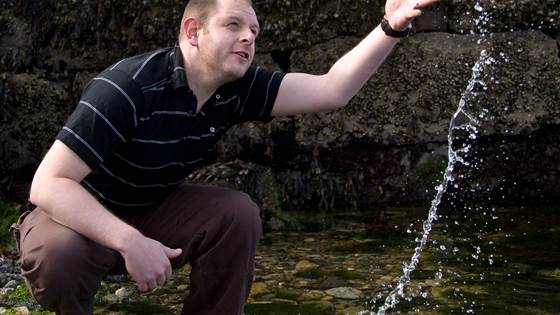
What kind of HSE know-how do we really need to manage the new substances now found in everything from our clothes to cosmetics and electronics? Are nanoparticles harmful to the environment – or are these invisible particles safer than we think?
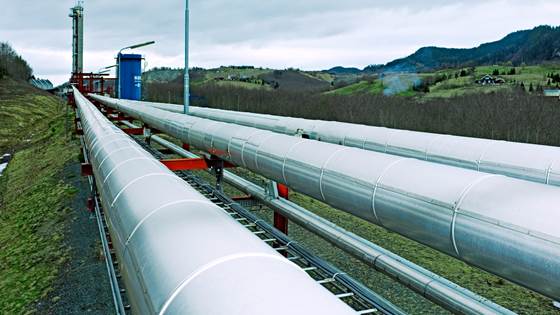
Kongsberg Oil &Gas Technologies (KOGT) recently introduced the multiphase flow simulator LedaFlow to the oil and gas industry.
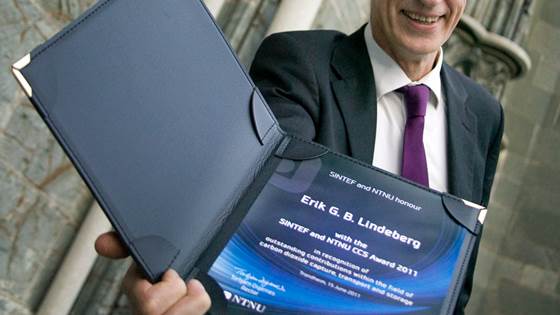
Chief scientist Erik Lindeberg of SINTEF Petroleum Research has been awarded the international research prize “The SINTEF and NTNU CCS Award” for his pioneering role in research on storing CO2 in geological strata.
Chief scientist Erik Lindeberg of SINTEF Petroleum Research has been awarded the international research prize “The SINTEF and NTNU CCS Award” for his pioneering role in research on storing CO2 in geological strata.
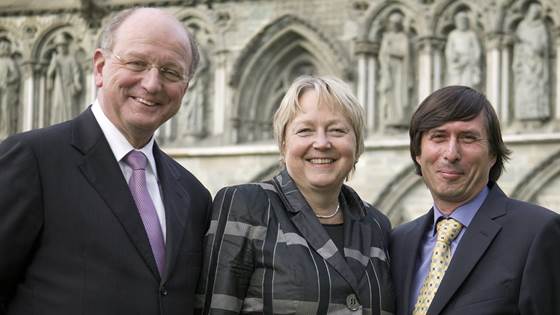
The research institutes SINTEF in Norway, TNO in the Netherlands and IFP Energies nouvelles (IFPEN) in France are joining forces in the newly established “Tri4CCS Alliance”, which aims to make the capture, transport and storage of CO2 (CCS) safer and...
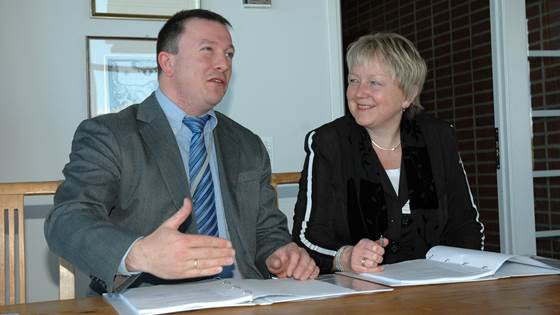
Statoil and SINTEF have signed a new long-term framework research agreement.

An vehicle-based computer alert system that warns of moose on the road causes motorists to react quickly. Roadside warning signs just don’t have the same effect.
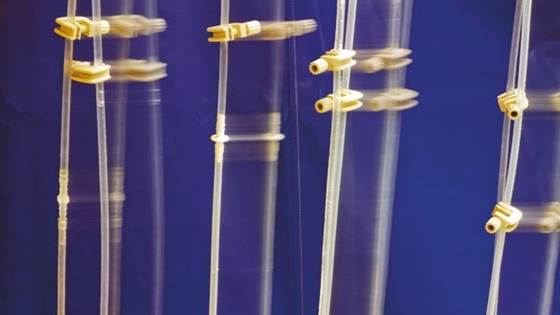
These little tubes are in a laboratory at SINTEF Sealab. […]
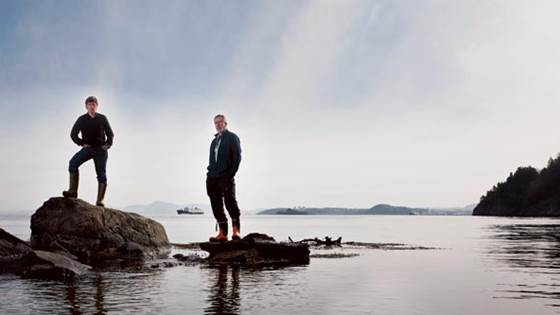
These scientists can predict the direction an oil spill will take, or if salmon lice will infect a neighbouring fish farm.
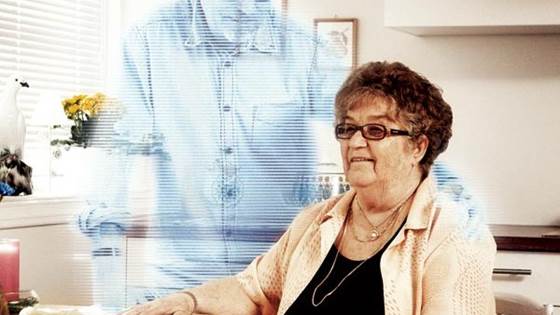
If a car tilts, a sensor beeps, and our mobile phones alert us when the battery gets too low. But who gets notified if grandma falls? Or who checks her blood pressure daily?
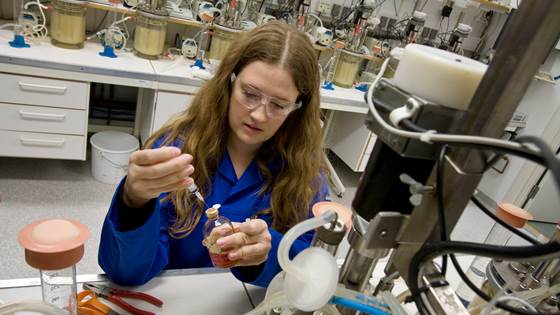
SINTEF achieved good financial results in 2010. The group’s operating profit was NOK 139 million, compared with NOK 107 million in 2009. Good earnings over a period of several years have made it possible to invest more than half a billion kroner in...
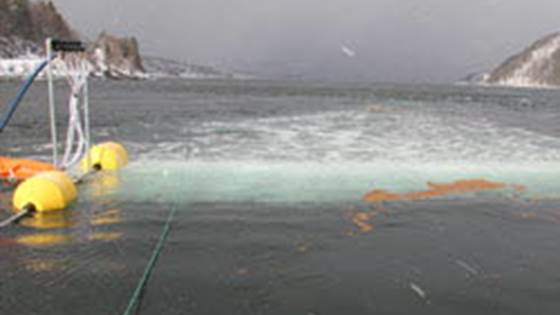
Curtains of air-bubbles are turning out to be a new method of fighting oil-spills. The bubbles gather up the oil efficiently, even in winds and strong currents, and keep it together in a “pool”.
All the partners in the DemoCLOCK project will work towards the proof of feasibility: the medium-scale demonstration of a 500kW packed bed CLC reactor in the Elcogas company’s Integrated Gasification Combined Cycle (IGCC) power plant in Puertollano...
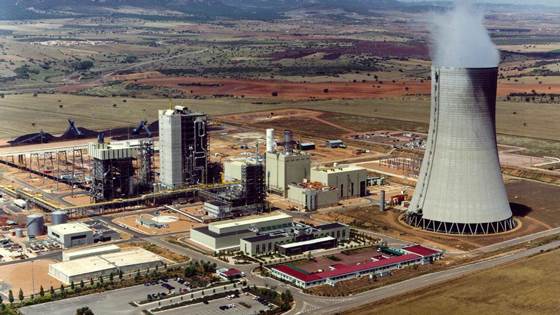
A project funded by the European Union and led by SINTEF in Norway with ten other European partners aims to demonstrate a cost-effective CO2 capture technology that could herald a new generation of power-generation plants with integrated CO2 capture.
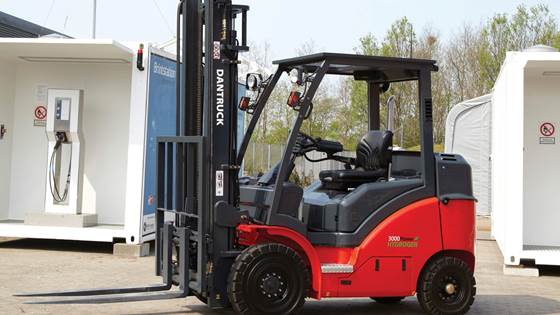
The first forklift trucks in Europe that will run on fuel cells and with hydrogen in their tanks are on the way to the market. No fewer than 30 demonstration units are to be tested, and Norway is among the countries potentially involved in the trials

The first forklift trucks in Europe that will run on fuel cells and with hydrogen in their tanks are on the way to the market. No fewer than 30 demonstration units are to be tested, and Norway is among the countries potentially involved in the trials
Industry has estimated that a week of sick-leave costs companies an average of NOK 13,000 in lost production and increased costs.
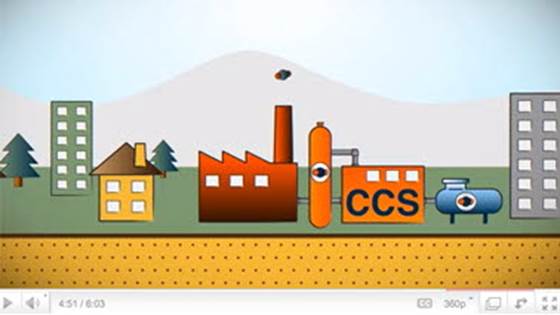
One of Norway's national centres for research on environmentally friendly technology is being helped by the film industry to show the world why carbon capture and storage (CCS) is important. The result has won widespread praise, not least from the...
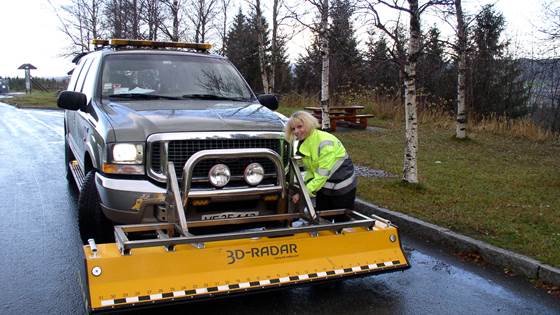
Where do the water-pipes and electric cables lie? Could valuable cultural artefacts be hidden here? And how high is the salt concentration on the road today? A georadar can reveal what lies below the surface, providing information that can be...
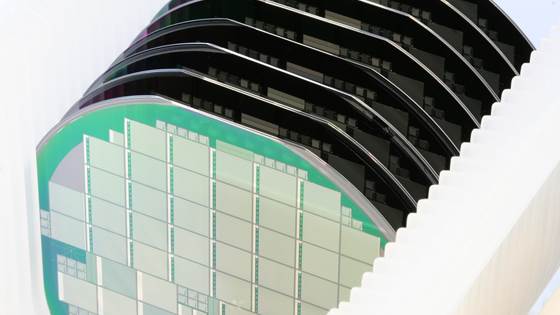
SINTEF ICT is a world leader in manufacturing integrated 3D radiation sensors.
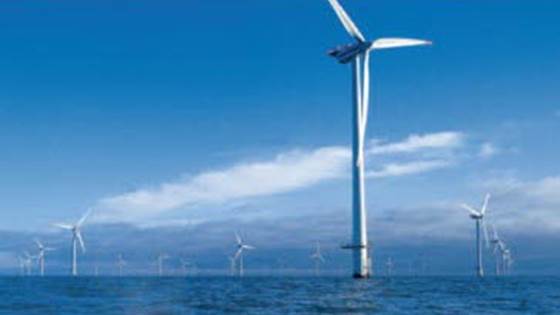
What will it take to build a floating 10 MW wind-turbine? This is just one of many questions that the European Union’s HiPRWind project aims to answer.SINTEF will work on two of the project’s ten work-packages.
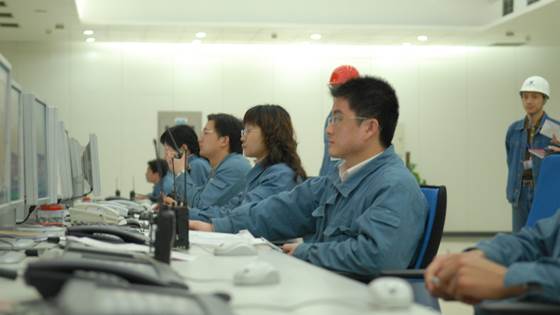
China has already donned the yellow jersey in building first-generation carbon capture and storage (CCS) plants. Now a Norwegian-Chinese “team-tempo” squad has been set up to tackle the next stage.
Uncertainty about potential effects on health is not a sufficient reason for postponing a decision about full-scale scrubbing of CO2 from Norwegian gas-fired power stations until 2016. SINTEF believes that it is possible to deal with these challenges...
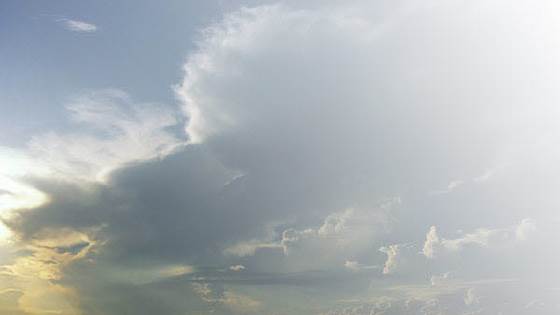
SINTEF is a partner in one of the three new national centres for research in environmentally friendly energy (FMEs) which were launched in February. The CenSES virtual research centre will focus on studies and decision-support systems that will...
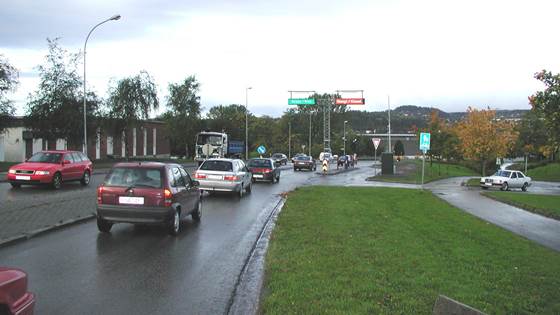
A recent SINTEF report describes how various actors perceive the risk of personal data protection regulations being violated when transport services are being used.

What exactly happens when we send an SMS or enlarge or shrink images on a mobile screen? And why doesn't it work if we wear gloves?
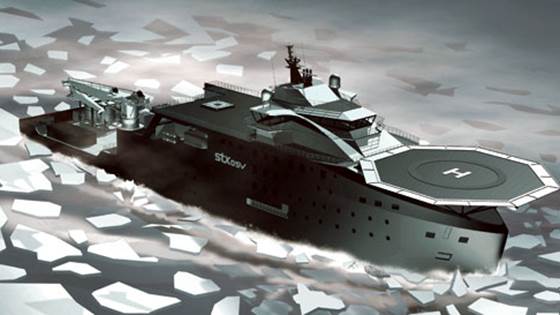
A new kind of vessel is being specially designed to tolerate the tough, frigid conditions in the Arctic.
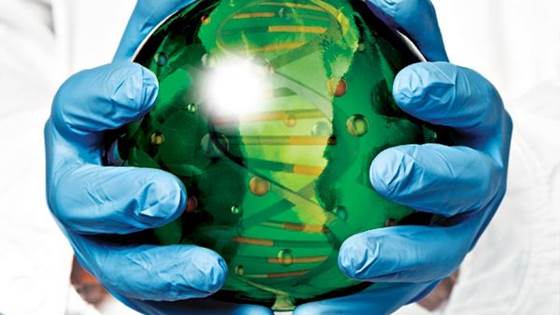
Synthetic biology has arrived. At a stroke, gene technologists have become the world's most significant and controversial designers.
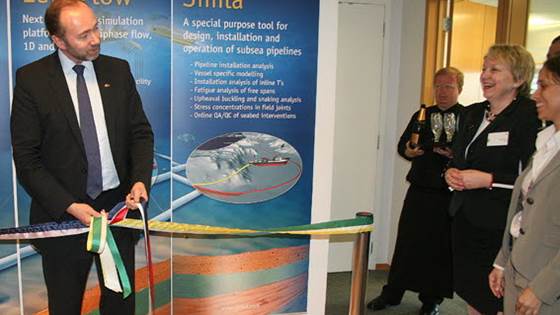
SINTEF is setting up a research foundation with headquarters in Rio de Janeiro in Brazil. The Instituto SINTEF do Brasil will play an important role in reinforcing SINTEF's position in the international research and development market, says SINTEF...
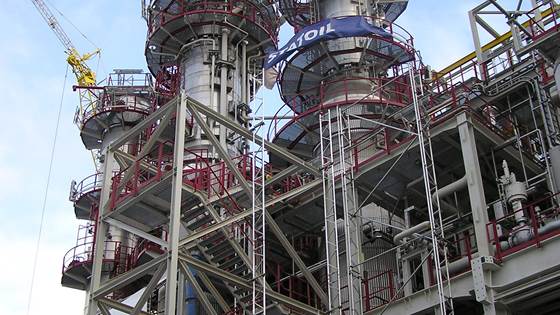
Industry separates crude oil, natural gas and chemical mixtures into pure products by means of fractionating distillation columns. This process is energy-intensive, but a new type of column structure promises energy savings of as much as...
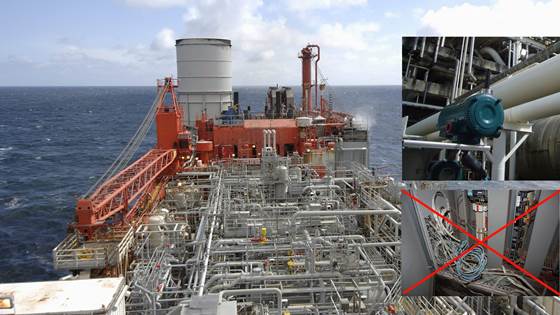
Process control systems in production plants and on board ships and platforms currently need expensive installations and kilometres of cable; all of this is about to change.